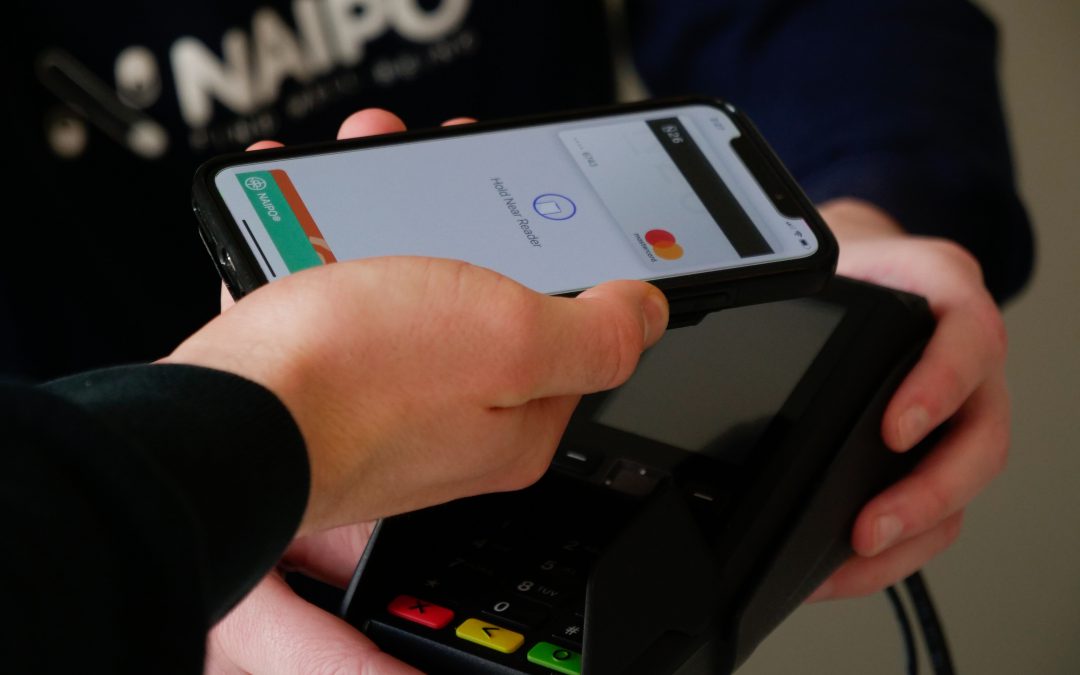The Effectiveness and continuity of the economy in a country is highly influenced by its payment system. Payment system is a system that consists of sets of rules, institutions, and mechanisms to transfer fund in order to fulfill obligations emerging from economic activities. The component of the payment system consists of payment tools; clearing mechanism up to the settlement mechanism, and institutions involved in payment system activities. Institutions in this case not only bank but also non-bank financial institutions, non-bank institutions that provide fund transfer services, switching institutions, and central bank.
Payment tools in payment system can be divided into two types, those are cashed-based payment and non-cashed-based payment. Cashed-based payments are given in the form of paper money and coin money. Meanwhile, non-cashed-based payments emerge to answer the need for a more efficient payment mechanism. The examples of non-cashed-based payments are electronic money transfer, and card-based payment system, such as debit card or credit card.
Both cashed- and non-cashed-based payment involves the emergence of tariff in their transactions. Nowadays, there is a tendency of increasing government role in determining the tariff of the payment system. The roles of government in this case are in the form of stipulating laws, or other government regulations that can be conducted by central bank or other appointed institutions.
In Indonesia, the role to regulate payment system is in the hand of Bank Indonesia (BI). In developing the payment system, BI considers three aspects, those are payment system efficiency, access quality, and consumer’s protection.
The current development of payment system in Indonesia also shows the increasing role of non-cashed-based payment system, especially card-based payment system. BI, as the regulators of the payment system, needs to have the current information related to the non-cashed-based payment tariff especially card-based payment system. Therefore, DEFINIT was appointed by BI to conduct a study on the Effectiveness of Transaction Tariff Determination for the User of Payment System Services with the focus on transactions of debit card, credit card, electronic money, and saving and demand deposit. It is expected that from the study, BI will be able to have the current, accurate, and in-depth analysis of the tariff of the payment system in Indonesia and, moreover, could also serve as the base in the decision making process related to the payment system stability.

